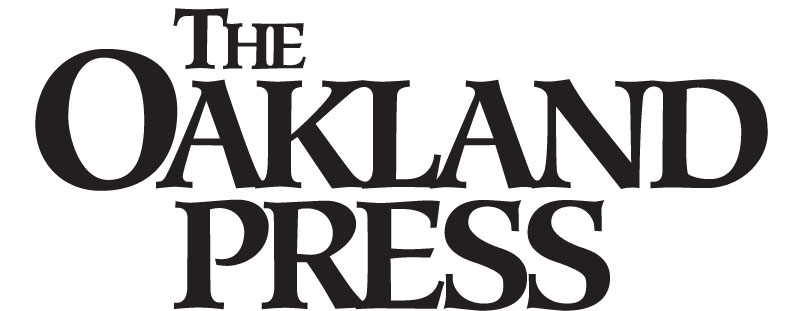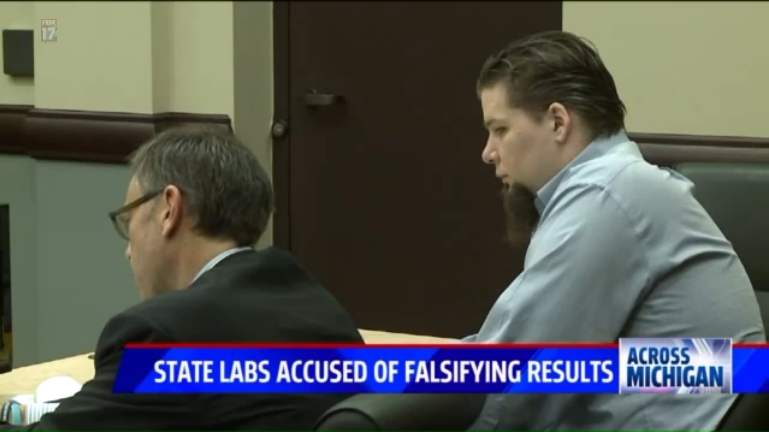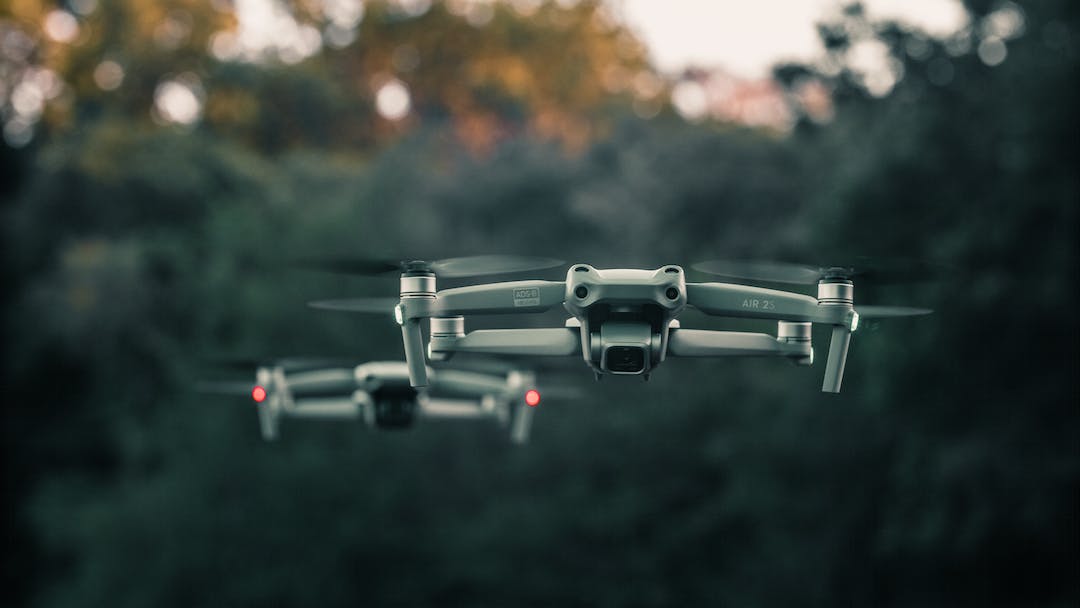Drone Surveillance and the Fourth Amendment: A New Case
In a recent decision, the Michigan Court of Appeals held that persons have a reasonable expectation of privacy in their property against drone surveillance conducted without a warrant or pursuant to a recognized exception to the warrant requirement. The case, Long Lake Township v Maxon, involved a civil zoning dispute in which the Township used a drone to take aerial images of the Maxon property without consent or any other specific legal authorization.
The Court of Appeals found that drone surveillance of private property is necessarily more intrusive and “qualitatively different” than the use of airplanes and helicopters permitted under California v Ciraolo and Florida v Riley. The Court noted that drones can fly at lower altitudes and hover in place, allowing them to collect more detailed images and information about private property.
The Court also found that the use of low-altitude unmanned drones to conduct targeted surveillance of private property is more like the use of thermal imaging devices found to be a “search” in Kyllo v United States. In Kyllo, the Supreme Court held that the government’s use of a thermal imaging device to monitor the radiation of heat from a home was a Fourth Amendment search. The Court reasoned that the government’s use of the thermal imaging device was a physical intrusion into the home’s curtilage, which is an area around the home that is considered to be part of the home itself.
The Court of Appeals in Long Lake Township v Maxon found that the Township’s use of a drone to take aerial images of the Maxon property without consent was a similar physical intrusion into the Maxon property. The Court also noted that the existing law in Michigan recognizes a reasonable expectation of privacy and other legal protections against drone misuse.
The decision in Long Lake Township v Maxon is significant because it is one of the first cases to address the Fourth Amendment implications of drone surveillance. The Court’s decision provides clear guidance to law enforcement and other government agencies that they cannot use drones to conduct surveillance of private property without a warrant or a recognized exception to the warrant requirement.
Implications for Law Enforcement
The decision in Long Lake Township v Maxon has important implications for law enforcement agencies that use drones for surveillance purposes. Law enforcement agencies should review their policies and procedures to ensure that they are consistent with the Fourth Amendment requirements set forth by the Court of Appeals.
In general, law enforcement agencies should obtain a warrant before using a drone to conduct surveillance of private property. However, there are a few limited exceptions to the warrant requirement, such as when the surveillance is conducted in response to an emergency or when it is conducted in a public area where there is a diminished expectation of privacy.
Law enforcement agencies should also be aware that the Fourth Amendment may apply to the use of drones even if the surveillance is not conducted directly by the agency itself. For example, if a law enforcement agency contracts with a private company to conduct drone surveillance on its behalf, the agency may still be required to comply with the Fourth Amendment.
Have you been charged with driving while high?
Want to fight that charge!
Call Our Office for a Free Case Evaluation
The decision in Long Lake Township v Maxon is a significant development in the law of drone surveillance. The Court’s decision provides clear guidance that the Fourth Amendment protects people from warrantless drone surveillance of their private property. Law enforcement agencies and other government agencies should review their policies and procedures to ensure that they are consistent with the Court’s decision.
The Court found the use of low-altitude unmanned
drones to conduct targeted surveillance of private property
to be more like the use of thermal imaging devices found
to be a “search” in Kyllo v United States when used to
monitor the radiation of heat from a home, and further
noted the existing recognition of a reasonable expectation
of privacy and other legal protections against drone misuse
as found in MCL 259.322(3) and MCL 259.320(1) (See Below)
Act 436 of 2016
259.322 Operation of unmanned aircraft system; harassment, violation of order, or invasion of privacy prohibited; definition; individual registered as sex offender.
Sec. 22.
Act 436 of 2016
259.320 Criminal liability; offense committed with aid of an unmanned aircraft system; exception.
Sec. 20.
Did You Know
Michigan State Police Legal Updates
MSP Legal Update No. 153 (01/2023)
- Search & Seizure: The smell of marihuana, standing alone, no longer constitutes probable cause to search for that substance
- Vehicle Code: Violation for impeding traffic requires evidence the accused’s conduct actually affected the normal flow of traffic.
Legal Update No. 153 (01/2023)
MSP Legal Update No. 150 (01/2022)
- Vehicle Code: Persons under the age of 21 may be prosecuted for operating a motor vehicle with the presence of marihuana in their system
- Criminal Law: Ethnic intimidation based on gender includes harassing or intimidating another person because of the actual or perceived gender of that person.
Legal Update No. 150 (01/2022)
Legal Update No. 148 (09/2021)
Legal Update No. 148 (09/2021)
Legal Update No. 147 (03/2021)
More Posts

Judge dismissed felony charge against medical marijuana patient Max Lorincz
OTTAWA COUNTY, Mich. – After 16 months of a criminal and family court battle, an Ottawa County Circuit Court Judge dismissed wrongful felony charges against a Spring Lake father and card-carrying medical marijuana patient for having “synthetic THC.” Friday Max...

Southfield attorneys accuse MSP Crime Lab of negligence and incompetence
Two local attorneys have filed a formal complaint against the Michigan State Police Crime Lab, suggesting the agency should be made into an independent entity, but state officials have refuted the accusations of negligence and incompetence. Southfield-based...

Forensic scientists blast State Police crime lab THC policy as man fights to get son back
Maxwell Lorincz lives in Spring Lake near Lake Michigan with his wife and their six-year-old son. At least, they did live with their son, until a year and a half ago. They lost custody of him after Lorincz was charged with a felony for possessing synthetic THC....

People v Redden & Clark – MI Medical Marijuana hearing – February 20 2013
During this February 20, 2013 hearing, Assistant Oakland County Prosecutor Beth Hand notified the court that her office is contemplating filing criminal charges against a medical doctor for his involvement in certifying two medical marijuana patients, Robert Redden...

Medical marijuana lawyers want state crime lab moved out of Michigan State Police
"The attorneys claim the policy change is leading to unfair felony charges for patients who would otherwise face misdemeanors." Posted on MichiganRadio.org A group of criminal defense attorneys says the Michigan State Police (MSP) should no longer...

Defense attorneys seek fed inquiry of MSP crime labs
Southfield — Three defense attorneys are asking the federal government to investigate the Michigan State Police crime laboratories, alleging misconduct in their testing for pending drug cases. Southfield defense attorneys Neil Rockind and Michael Komorn, along...

MI Cops Change Policy So They Can Falsely Imprison Legal Pot Smokers
In 2008, an overwhelming majority of Michigan voters approved legislation to legalize marijuana for medical use in the state. With nearly 50,000 Michigan residents arrested and incarcerated each year for controlled substance violations, the state’s prison industrial...

Attorney Alleges Authorities `Bend The Science’ To Elevate Marijuana Cases
MIRS-Michigan Independent Source Of News and Information Friday Nov 6, 2015 Maxwell LORINCZ, of Spring Lake, says a fingerprint of oil on an empty plastic container led to his arrest on a drug charge on Sept. 24, 2014. Now, a year later, the case that might have...

Drug felonies without credible proof? — Allegations of politicking in state police crime labs
GRAND RAPIDS, Mich. – First on FOX 17, we broke serious allegations that state police crime labs are being told to falsely report marijuana test results. This is resulting in misleading lab reports that an attorney claims creates felonies without real proof. ...

Attorney: Crime labs ‘falsified’ marijuana reports
A Southfield lawyer alleges the Michigan State Police crime labs have “falsified lab reports on marijuana statewide” and he’s asking a judge to dismisses charges lodged against a client. Michael Komorn, who also represents defendants in Livingston County, said...











